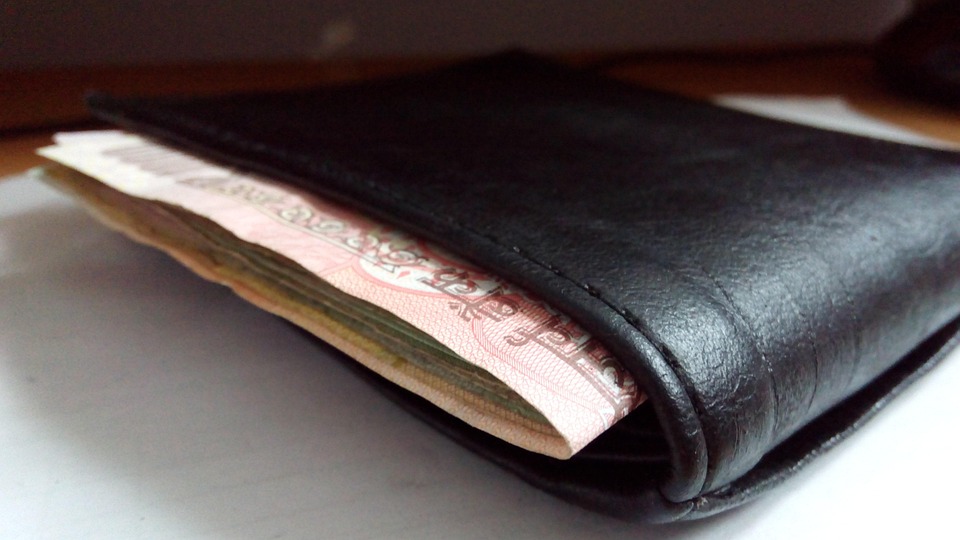Last updated Feb. 20, 2025 by Charles Zemub
When people think about homeownership, several exciting and daunting considerations come to mind, among which mortgages often take center stage. Mortgages are not just about securing a place to live; they represent a significant financial commitment that can have profound effects on your financial well-being and credit profile. Understanding how taking out and repaying a mortgage impacts your credit score and overall financial health is crucial. This article delves into the nuanced effects of mortgages on credit, helping potential homeowners make informed decisions.
The Basics of Credit Reporting
Before diving into the specifics of mortgages, it’s essential to understand how credit scores work. Credit scores are numerical expressions that reflect the creditworthiness of an individual. They are calculated based on various factors, including payment history, the amount of debt owed, length of credit history, new credit, and types of credit used.
How Credit Scores are Calculated:
- Payment History (35%): Late payments or defaults can significantly hurt your score.
- Credit Utilization (30%): Reflects the amount of debt you owe compared to your available credit limits.
- Length of Credit History (15%): A longer history generally benefits your score.
- New Credit (10%): Opening several new accounts in a short period can be risky.
- Credit Mix (10%): A diverse range of credit accounts, such as installment and revolving credit, can be beneficial.
The Initial Impact of Getting a Mortgage
1. Hard Inquiry
When you apply for a mortgage, lenders perform a hard inquiry on your credit report to determine your creditworthiness. This inquiry becomes part of your credit history and may slightly reduce your credit score, usually by less than five points. However, credit scoring models often consider multiple inquiries for the same purpose within a short period as one inquiry, acknowledging that a borrower may shop around for the best loan deal.
2. New Account
Once your mortgage is approved, it will be listed as a new account on your credit report. This impacts two key components of your credit score:
- New Credit: Having too many new accounts opened within a short timeframe can lower your score.
- Average Age of Accounts: Introducing a new account reduces the average age of your credit accounts, potentially lowering your score.
3. Credit Mix
Mortgages are installment loans, distinct from revolving credit like credit cards. Adding an installment loan to your credit profile can positively impact the credit mix component of your score, improving your overall credit profile diversity.
The Long-term Effects of a Mortgage
1. Building Payment History
Payment history is the most significant component of your credit score. Making consistent, timely mortgage payments can substantially improve your credit score over time. Conversely, missed payments or foreclosure can severely damage your credit, making it difficult to obtain credit in the future.
2. Credit Utilization
While credit utilization predominantly pertains to revolving credit, reducing your overall debt through mortgage payments can reflect positively on your credit score. A consistent reduction of debt through regular payments can demonstrate financial responsibility.
3. Length of Credit History
While initially, a new mortgage may decrease the average age of your credit accounts, maintaining the account over time increases the length of your credit history, boosting your credit score in the long run.
Strategies for Managing Mortgage Impact on Credit
Understanding how to manage the impact of a mortgage on your credit score is essential for financial health:
- Timely Payments: Always prioritize mortgage payments to maintain a healthy credit score and avoid late-payment penalties.
- Avoid New Debt: As you adjust to mortgage payments, avoid taking on new, unnecessary debt that might strain your finances.
- Budget Wisely: Create a budget that accommodates mortgage payments and other financial obligations without stretching your finances thin.
- Monitor Your Credit: Regularly check your credit report to ensure accounts are accurately reported and no fraudulent activities occur.
✓ Short Answer
Taking out a mortgage can initially lower your credit score due to a hard inquiry and a newly opened account, which affects new credit and the average age of credit history. However, a mortgage can benefit your credit in the long term by diversifying your credit mix and building a solid payment history. Ensuring timely payments is crucial, as it significantly raises your credit score over time and reflects financial responsibility. By managing your debt wisely and budgeting effectively, a mortgage can be a powerful tool for enhancing your overall creditworthiness.
FAQs
How does paying off a mortgage early affect your credit score?
Paying off a mortgage early can potentially reduce your credit score slightly due to the reduction in your credit mix and the closure of a long-standing credit account. However, the impact is often minimal compared to the benefits of being debt-free.
Will missing one mortgage payment ruin my credit?
Missing a single mortgage payment won’t ruin your credit if it’s addressed quickly, but it can lower your score if it’s over 30 days late. It’s crucial to contact your lender as soon as you realize you might miss a payment to explore available options.
Can I get another mortgage if I have one?
Yes, you can secure another mortgage while having an existing one, provided you meet the lender’s credit and income criteria. It’s essential to assess your financial situation and ensure you can handle multiple mortgage payments responsibly.
How long does a mortgage stay on your credit report?
A paid-off mortgage can remain on your credit report as a positive account for up to 10 years. If a mortgage account has negative information, like missed payments, this information can remain for up to seven years.
Does refinancing a mortgage affect credit score?
Refinancing a mortgage can affect your credit score due to the hard inquiry and the new credit account. Still, the effect is usually temporary, and the benefits of securing a lower interest rate or better loan terms may outweigh the short-term score fluctuation.




